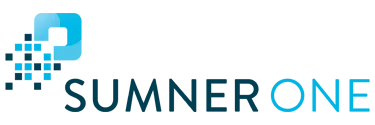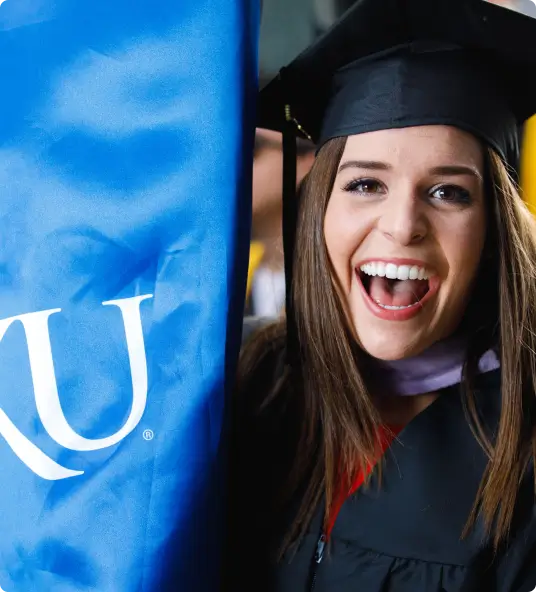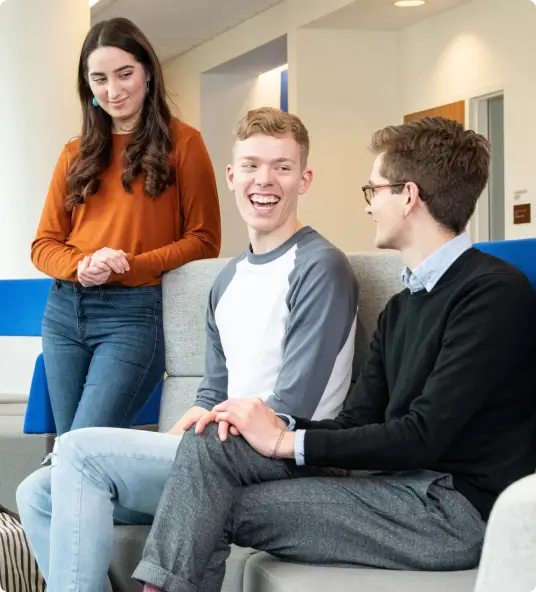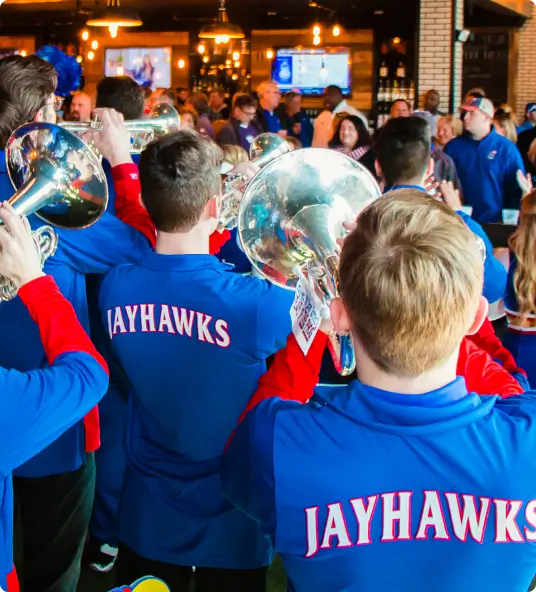Jayhawks in leadership positions are everywhere you look, including through the Jayhawk Career Network. KU Alumni, in partnership with SumnerOne, is highlighting Jayhawk leaders who are models for others in their industries with our “Copy the Leader” program.
John Augusto, g’95, PhD’09, is an associate dean in the College of Arts and Sciences at Georgia State University. We sat down with John to learn what leadership means to him.
What do you do in your work?
I work as an associate dean in the College of Arts and Sciences at Georgia State University in Atlanta, Georgia, where I do corporate and community engagement. I also oversee international programs for the College. In addition, I serve as education consultant and use Gallup’s CliftonStrengths assessment as a professional coach.
What are the qualities of a good leader?
As a former adjunct faculty member with KU’s Institute for Leadership Studies and subscriber to the work at the Kansas Leadership Center, good leaders know their strengths and how to manage themselves, learn how to diagnose their situation, get others energized and involved, and are able to skillfully intervene.
How do you practice leadership at your job?
In my role as an associate dean, I work with corporate and community partners to help them get energized and involved with GSU students and faculty. As a consultant and coach, I am asked to diagnose given situations and look for opportunities to intervene and push for operational or personal success.
What makes a team or group successful?
It’s been my experience that a team or group is successful if they have three key components: a clear defining mission, goal and measurement system to their work. We measure what matters and what matters we measure. A second component is a recognition of strengths of both the group as a whole and the individual strengths from each team/group member. A third component is to have fun, learn from the setbacks, and celebrate the successes.
How can leaders in your industry help their organizations adapt to change?
We in higher education continue to struggle in our post COVID environment to adapt to the changes in the learner/student market; to understand what employers want when our students go from college to career; and what is the evolving nature of what it means to work in higher education. I don’t think it’s adapting to change — I think leaders in higher education need to adopt our work to meet these opportunities in the near future.




